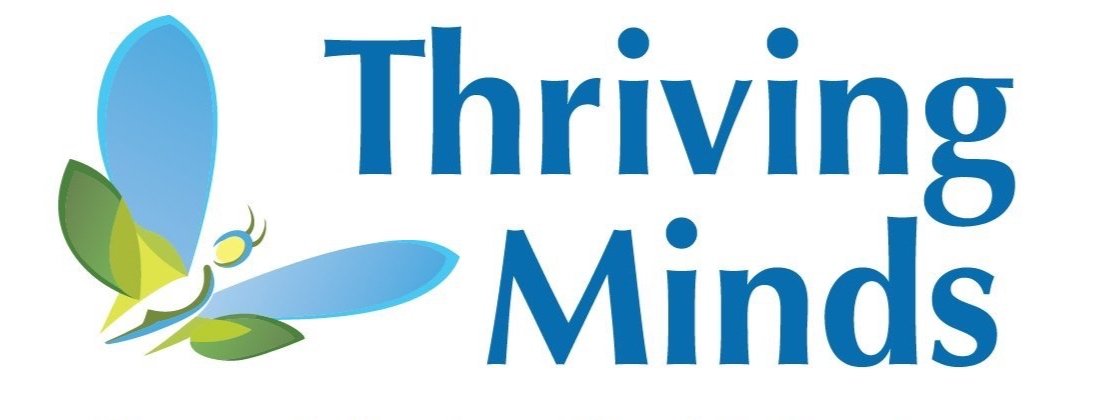Supporting Supervisees in Managing Documentation Challenges
Accurate, timely documentation is a cornerstone of ethical and effective clinical practice. For supervisees, however, documentation often becomes one of the biggest stumbling blocks—especially when they are still developing time management skills and adjusting to the pace of clinical work. Addressing these challenges proactively is key to supporting professional growth while ensuring high-quality client care.
Why Documentation Struggles Happen
Supervisees may struggle with documentation for several reasons:
Time management: Balancing note-writing with a full caseload is a skill that takes time to master.
Confidence: New clinicians may worry about “saying the wrong thing,” leading to overly long or delayed notes.
Systems learning curve: Each clinic or site has its own electronic health record (EHR) system, expectations, and templates.
Avoidance: For some, anxiety about documentation can lead to procrastination and a backlog of notes.
Recognizing the underlying cause helps supervisors tailor their approach.
Strategies Supervisors Can Use
1. Normalize the Learning Curve
Let supervisees know that documentation efficiency develops over time. Acknowledge that early notes may take longer and require more revisions. This reframes the issue as part of professional growth rather than personal failure.
2. Provide Clear Standards
Ambiguity around documentation expectations fuels anxiety and inconsistency. Share written guidelines about content, length, timeliness (e.g., 24–48 hours), and required elements. Reviewing sample notes together can be especially helpful.
3. Incorporate Documentation Into Supervision
Use supervision time to review actual notes, model concise language, and discuss how to capture clinical reasoning without over-explaining. This is an opportunity to teach not only compliance but also the art of writing clinically meaningful documentation.
4. Teach Time-Saving Techniques
Encourage strategies like writing “skeleton notes” immediately after sessions and fleshing them out later, or using templates and shorthand. Emphasize completing documentation in small, consistent chunks rather than letting it accumulate.
5. Address Avoidance Directly
If supervisees consistently fall behind, explore whether anxiety, perfectionism, or organizational skills are the barrier. Frame the discussion as collaborative problem-solving, not punitive oversight.
6. Model Professional Responsibility
Supervisors set the tone. Demonstrating timely documentation and communicating its role in ethical care reinforces its importance.
The Professional and Ethical Context
The APA Ethics Code and state licensing boards emphasize the importance of complete, accurate, and timely records for continuity of care, risk management, and billing. Supervisors have a dual responsibility: supporting supervisees’ development and ensuring that client care is not compromised by documentation delays. Addressing concerns early protects clients, supervisees, and the organization alike.
Takeaway
Documentation challenges are common for trainees, but they are also an invaluable teaching opportunity. With clear expectations, collaborative support, and skill-building strategies, supervisors can help supervisees turn documentation from a dreaded task into a professional strength.
Call to Action
Want more resources on supervision and training strategies? Visit our website to learn about upcoming workshops and consultation opportunities.

